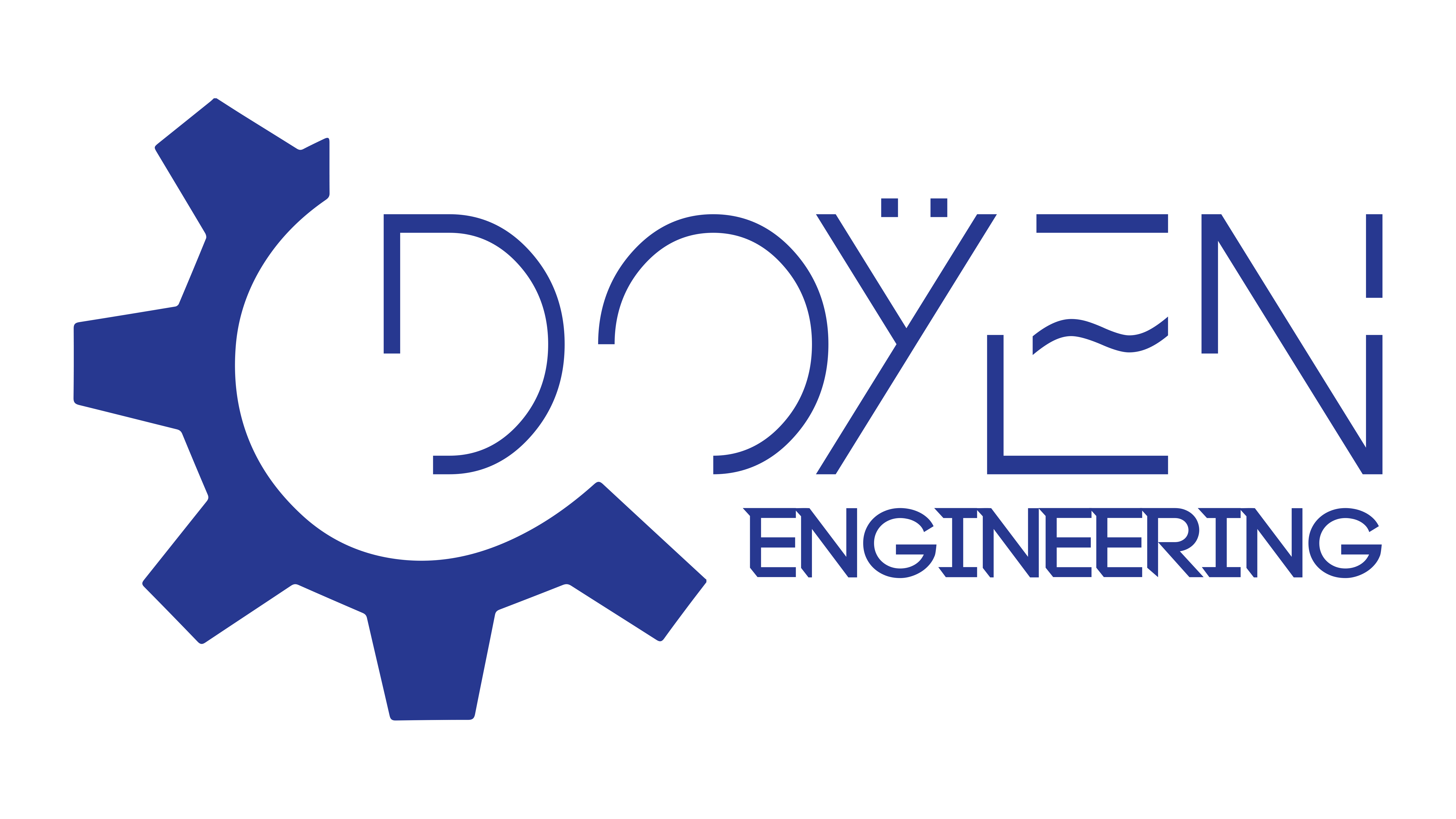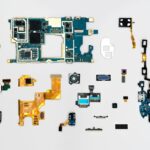
Introduction
Overview of Electrical Engineering as a Field
Electrical engineering is a dynamic discipline that combines creativity with technical know-how. It encompasses areas such as circuit design, telecommunications, and power systems, making it a cornerstone of modern technology. The work of electrical engineers is integral to innovations that power our world, from smartphones to electric vehicles.
Significance of Future Careers in Electrical Engineering
As technology advances, the demand for skilled electrical engineers is steadily increasing, leading to numerous career opportunities. Here’s a snapshot of why future careers in this field hold great promise:
- Diverse Opportunities: Industries such as renewable energy, telecommunications, and aerospace are continually growing.
- Innovation Impact: Engineers contribute to groundbreaking projects that enhance daily life.
- Global Demand: Emerging markets require skilled professionals to develop robust infrastructure.
With these trends in mind, choosing electrical engineering as a career can be both fulfilling and financially rewarding.

Technological Advancements in Electrical Engineering
Impact of AI and Automation
The rise of artificial intelligence (AI) and automation is reshaping the landscape of electrical engineering. These technologies are streamlining processes and enhancing precision in various applications. For example:
- Smart Manufacturing: AI-driven algorithms optimize production lines, reducing waste and increasing efficiency.
- Predictive Maintenance: Automated systems can now foresee equipment failures, saving companies valuable time and resources.
Role of Renewable Energy
In addition, renewable energy is revolutionizing the electrical engineering field, introducing sustainable practices that align with global environmental goals. Consider:
- Solar and Wind Power: Engineers are increasingly involved in designing advanced systems to harness these energy sources.
- Grid Integration: The development of smart grids enables efficient energy distribution and management.
Together, these advancements are paving the way for a more sustainable and technologically advanced future in electrical engineering.

Emerging Specializations in Electrical Engineering
Robotics and Automation
The field of electrical engineering is continuously evolving, and one of the most exciting specializations is robotics and automation. Engineers in this area are at the forefront of developing intelligent machines that can perform complex tasks. Notable applications include:
- Manufacturing Robots: Enhancing production efficiency with automated assembly lines.
- Service Robots: Transforming industries like healthcare with robotic assistance.
Internet of Things (IoT) Applications
Another burgeoning area is the Internet of Things (IoT), which involves interconnected devices that communicate and share data. This specialization is creating a world where convenience meets technology. For instance:
- Smart Homes: Systems that enable users to control lighting and temperature remotely.
- Wearable Tech: Devices that monitor health metrics and provide users with real-time feedback.
These specializations not only enhance productivity but also open up new avenues for engineers to explore and innovate in our fast-paced, technology-driven world.

Skillsets for Future Electrical Engineers
Programming and Coding Skills
As the landscape of electrical engineering evolves, strong programming and coding skills are becoming essential. Engineers who can write code to create algorithms and control systems have a significant advantage. Important programming languages include:
- Python: Great for prototyping and data analysis.
- C++: Widely used in embedded systems and real-time applications.
Data Analysis and Machine Learning
In addition, data analysis and machine learning are transforming how electrical engineers approach problem-solving. With the surge of big data, the ability to analyze and interpret complex datasets is critical. Future engineers should be familiar with:
- Statistical Analysis Tools: Software like MATLAB for modeling.
- Machine Learning Frameworks: Such as TensorFlow, to develop intelligent systems.
By cultivating these skill sets, aspiring electrical engineers can stay ahead in a competitive job market and contribute meaningfully to innovative projects.

Industry Trends and Job Opportunities
Demand for Electric Vehicle Engineers
One of the most significant trends in electrical engineering today is the soaring demand for electric vehicle (EV) engineers. As more consumers shift towards sustainable transportation, companies are seeking skilled professionals to design and improve EV technologies. Key areas driving this demand include:
- Battery Technology: Research and development of efficient energy storage solutions.
- Charging Infrastructure: Creating networks to support the growing number of electric cars.
Growth in Smart Grid Development
Moreover, the growth in smart grid development presents exciting opportunities in the field. Smart grids are revolutionizing how electricity is distributed and managed, requiring engineers to develop advanced technologies for improved efficiency. Important aspects include:
- Energy Management Systems: Designing software that optimizes energy consumption.
- Grid Security: Enhancing cybersecurity measures to protect energy infrastructures.
These emerging trends signify that electrical engineering career prospects are not only promising but are also aligned with the goal of creating a more sustainable and efficient future.






